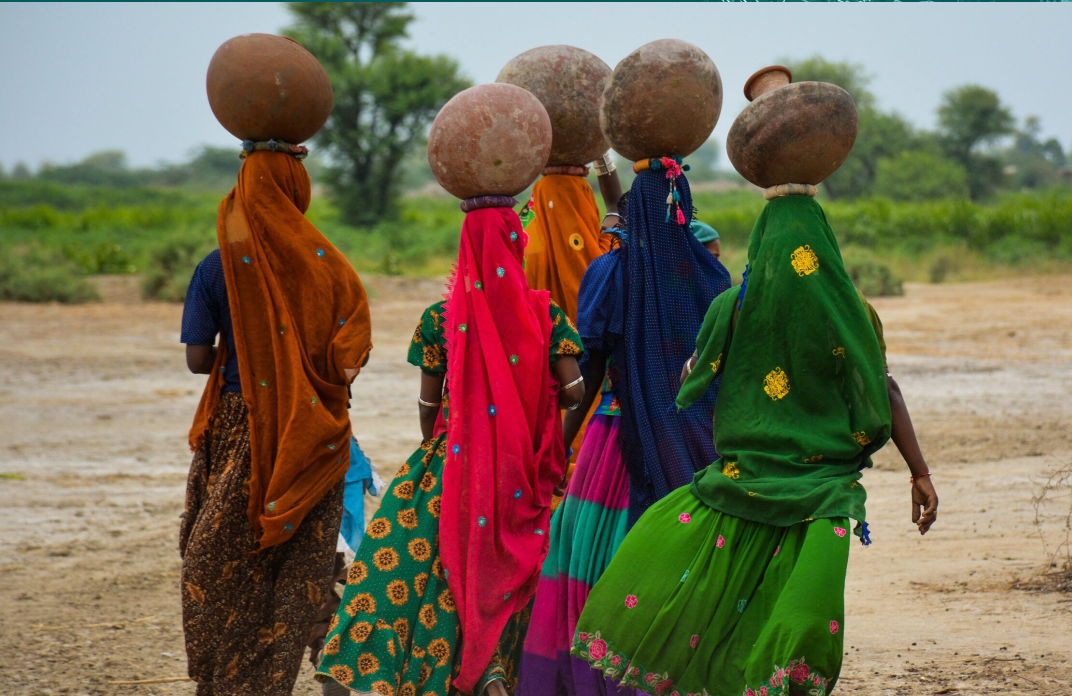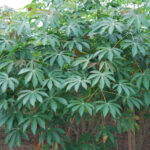The Cross-border Conflict Evidence, Policy and Trends (XCEPT) Research Programme is now accepting applications.
This programme brings together world experts and local researchers to study life in borderlands affected by conflict. It looks at how conflicts spread across borders and what drives people toward peace or violence.
This new call is for research that uses a feminist lens to study conflict in border areas. That means looking at how women, men, and gender roles shape conflict and peace. The goal is to create new knowledge that helps people better understand these issues.
The main product of the research will be a strong academic paper. This paper should be ready to submit to a peer-reviewed journal. Researchers will also need to share their key findings with the public in an easier way, like writing a blog post or commentary.
Understanding Cross-border Conflict Evidence in Research
- XCEPT plans to fund around three projects through this call. Each chosen researcher or team will receive up to £15,000 GBP.
- In very special cases, if the research needs it, a slightly bigger budget may be given.
Winners will be chosen by a selection committee that will check how original and strong the research idea is, whether it fits XCEPT’s focus on border conflicts, and if the research plan is realistic. They will also consider the skills and experience of the researcher.
Who can apply and what is required?
-
Applications can be from one person or from a team from anywhere in the world.
-
The lead researcher must have a PhD in a relevant subject and at least one published article in a peer-reviewed journal.
-
They must also have a good record of doing independent, high-quality research, ideally using feminist ideas in conflict-affected settings.
-
Strong English writing skills are needed since the paper will be for an international academic audience.
-
The researcher must also be able to complete the project within the set time.
-
Researchers from the Global South are especially encouraged to apply. They may also team up with Global North researchers if they wish.
Process for applying for the Cross-border Conflict Evidence, Policy and Trends
-
To apply, researchers must fill out the application form. This includes a 400-word abstract of the research idea, plus a 300-word plan explaining how the research will be done and published.
-
Applicants also need to provide a high-level budget showing how the money will be spent.
-
Along with the form, each applicant must send a CV. The CV should show their experience and proof of at least one peer-reviewed journal publication by the lead researcher. Without this, the application will not be complete.
When and how to apply for the Cross-border Conflict Evidence, Policy and Trends
The final deadline to submit applications is Monday, September 15, 2025, at 10:00 BST. Click HERE to begin.
You might also be interested in the Extreme Weather and Natural Disaster Solutions grant.
The Cross-border Conflict Evidence, Policy and Trends (XCEPT) Research Programme is inviting applications for research projects that explore conflicts in border areas through a feminist perspective.
This initiative aims to analyze the influences of gender roles on conflict and peace to produce novel insights on these issues. Selected projects will create rigorous academic papers suitable for peer-reviewed journals and also communicate findings via accessible formats like blogs.
XCEPT will fund three projects with up to £15,000 GBP each, although in exceptional cases, larger budgets may be considered. Selection criteria include originality, alignment with XCEPT's conflict focus, feasibility, and the researchers' experience. Applications are open globally,
requiring the lead researcher to possess a PhD, a published peer-reviewed article, and a history of independent research, preferably with a feminist approach. Strong English proficiency and adherence to a defined timeline are essential, and those from the Global South are especially urged to apply.
Applicants must submit a form with a 400-word abstract, a 300-word research and publication plan, and a detailed budget. A CV demonstrating publication evidence is also required.
Queries must be submitted by September 8, 2025, and the final application deadline is September 15, 2025.
This opportunity is crucial for researchers dedicated to contributing to our understanding of borderland conflicts.






